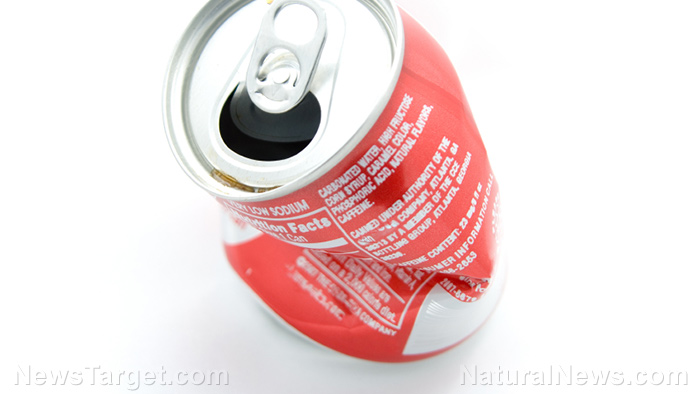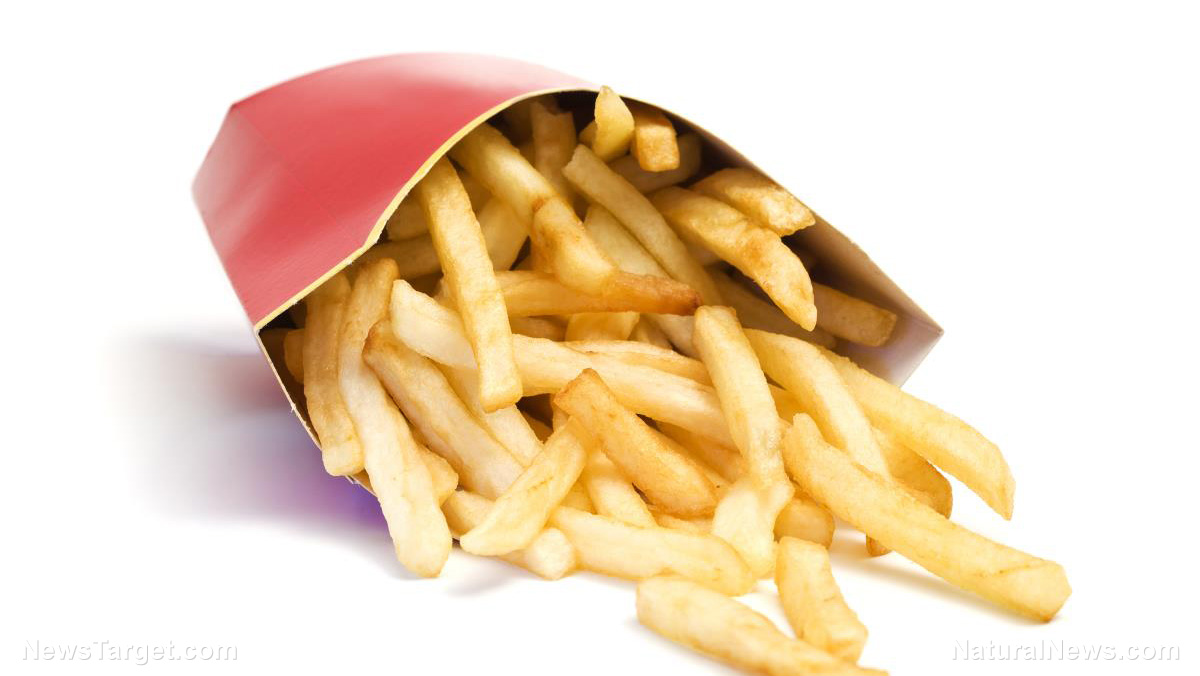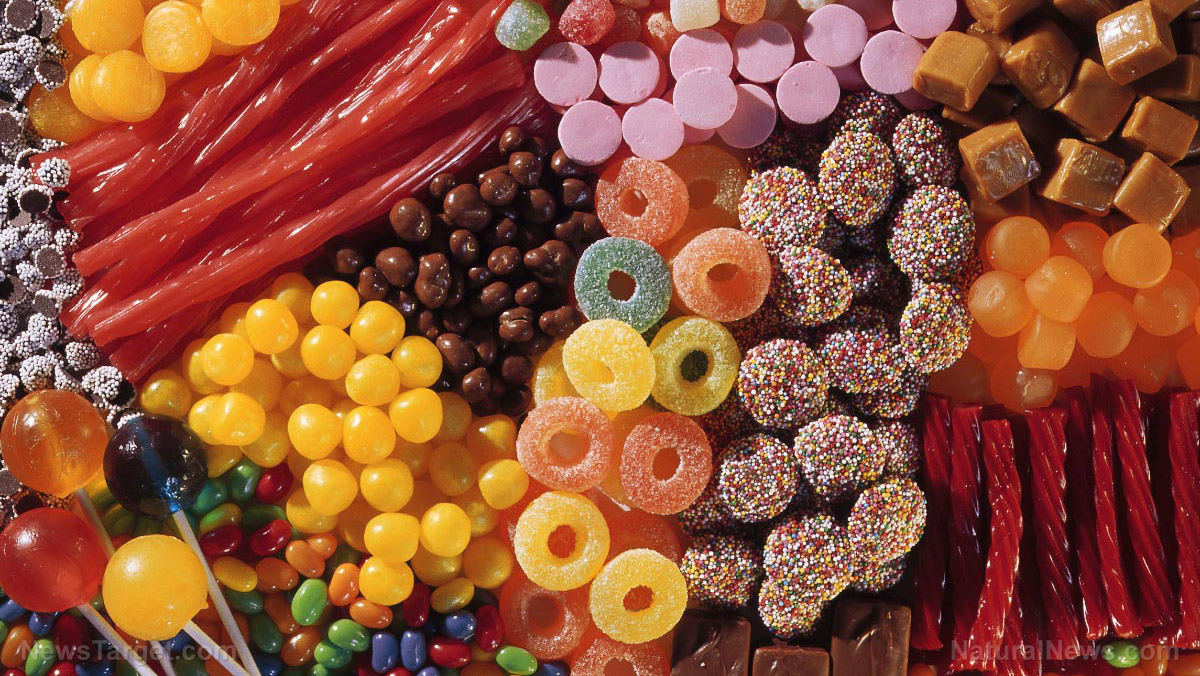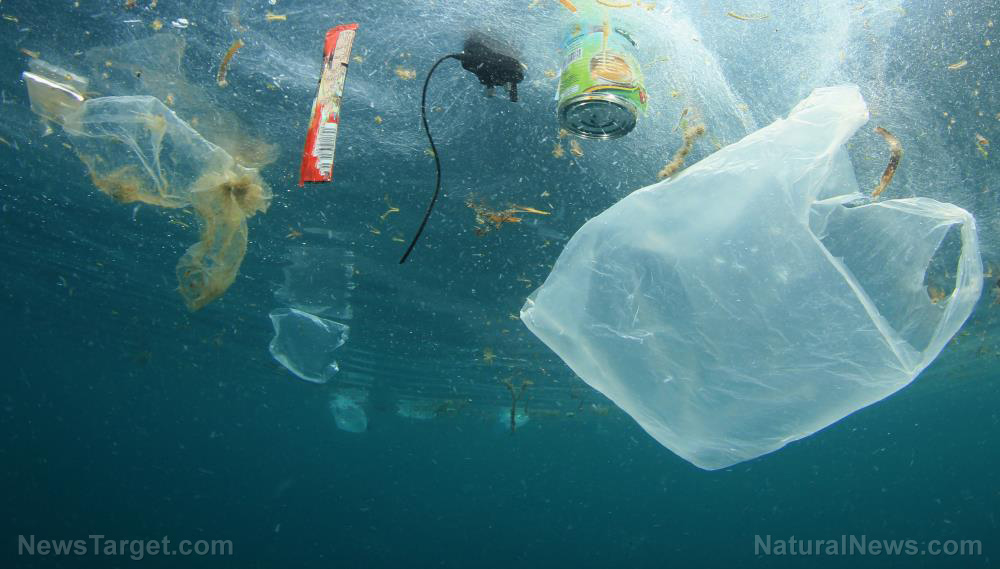Preservative in thousands of children’s food products found to damage immune system
04/06/2021 / By Ethan Huff
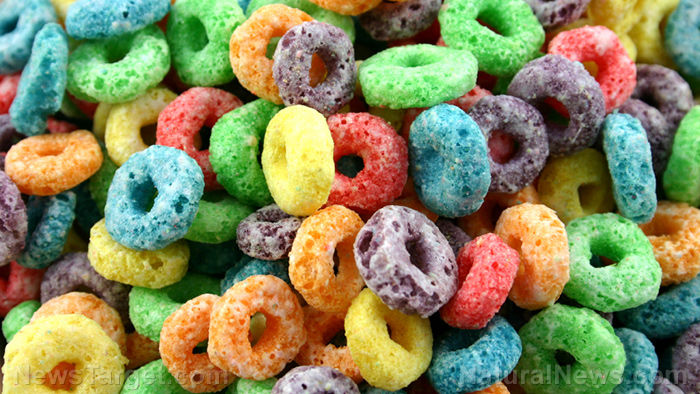
The Environmental Working Group (EWG) published a paper recently that exposes a common food preservative for damaging the immune system.
Tertiary butylhydroquinone, or TBHQ, is added to more than 1,250 food products, many of them marketed for children. The latest data shows that it suppresses immunity, which is especially concerning during a global “pandemic.”
Published on March 24 in the International Journal of Environmental Research and Public Health, the study used data from the Environmental Protection Agency’s (EPA) Toxicity Forecaster, also known as ToxCast.
Based on this data, EWG concluded that TBHQ damages immunity both in humans and animals.
“The pandemic has focused public and scientific attention on environmental factors that can impact the immune system,” says Olga Naidenko, PhD, EWG’s vice president for science investigations and lead author of the paper.
“Before the pandemic, chemicals that may harm the immune system’s defense against infection or cancer did not receive sufficient attention from public health agencies. To protect public health, this must change.”
As it turns out, TBHQ has been used in processed foods for decades. It serves no beneficial purpose other than to extend shelf life, which means more profit for large food conglomerates.
Non-animal test results from an EWG analysis show that TBHQ negatively impacts immune cell proteins at doses similar to those that cause harm in traditional studies that have looked at the chemical.
Further, TBHQ has been known to trigger and exacerbate food allergies, as well as interfere with the efficacy of influenza vaccines.
Watch out for PFAS, too, because they also damage immunity
Polyfluoroalkyl substances, or PFAS, are another class of dangerous chemicals commonly used in food packaging that data show are dangerous.
These “forever chemicals,” meaning they pretty much never break down, are toxic-polluting-chemicals added to food wrappers, to-go bags, boxes, and other materials coating and surrounding food.
Research shows that PFAS likewise damage immunity while interfering with the way vaccines impact the body. These fluorinated chemicals persist in the blood following exposure, and can increase the severity of Wuhan coronavirus (Covid-19) infection.
Unfortunately, the U.S. Food and Drug Administration (FDA) has not even considered any of this latest science, and thus continues to allow the use of both TBHQ and PFAS in food sold for human consumption.
EWG has repeatedly tried to get the attention of federal regulators concerning the dangers of these two chemicals, along with many others, but to no avail. The FDA and the rest cater to Big Food at the expense of public health, and that is unlikely to ever change.
Keep in mind that EWG published a report last year entitled, “Food Additives State of the Science,” which highlighted all sorts of approved chemicals that are damaging people’s hormones, harming their nervous systems, and damaging immunity. The FDA could not care less, it turns out.
“Chemicals linked to health harms can be legally added to packaged foods because the FDA frequently allows food manufacturers to determine which chemicals are safe,” explains Children’s Health Defense (CHD).
“Additives like TBHQ were approved by the FDA decades ago, and the agency does not consider new science to reassess the safety of food chemicals.”
According to Scott Faber, EWG’s senior vice president for government affairs, food manufacturers thus have no incentive to ever change their formulas, even if the chemicals they use are killing people.
“Too often, the FDA allows the food and chemical industry to determine which ingredients are safe for consumption,” he warns. “Our research shows how important it is that the FDA take a second look at these ingredients and test all food chemicals for safety.”
More related news about preservatives and other deadly processed food chemicals can be found at ChemicalViolence.com.
Sources for this article include:
Tagged Under: Cheez-Its, chemical violence, children's food, Environmental Working Group, food science, forever chemicals, grocery, immune damage, ingredients, packaging, PFAS, Pop-Tarts, preservative, Rice Krispies Treats, TBHQ, Tert-butylhydroquinone, ToxCast, toxic chemicals, toxins
RECENT NEWS & ARTICLES
COPYRIGHT © 2017 FAST FOOD NEWS









